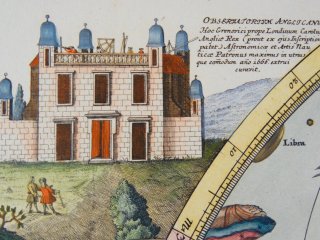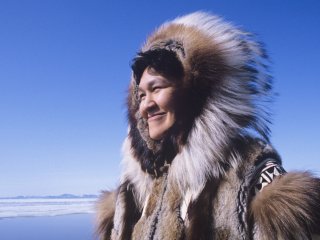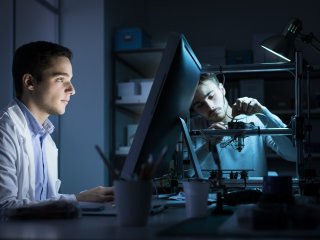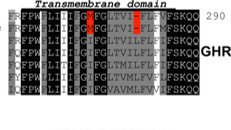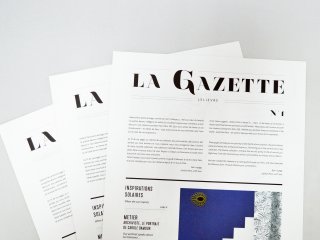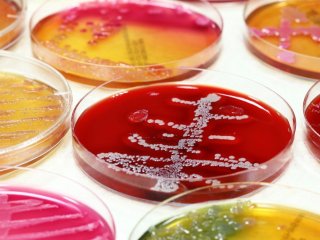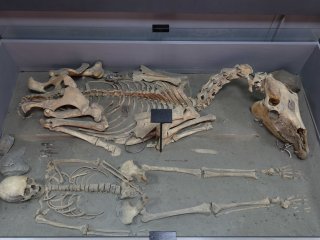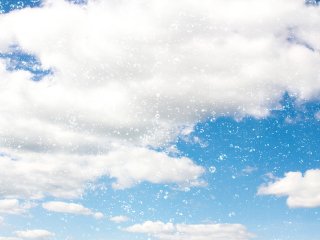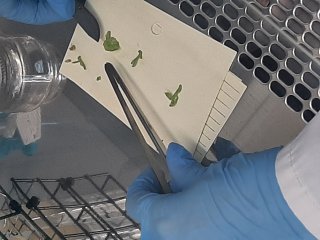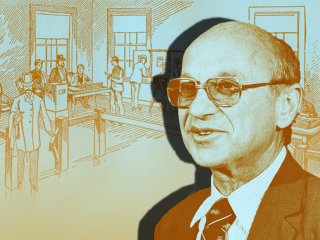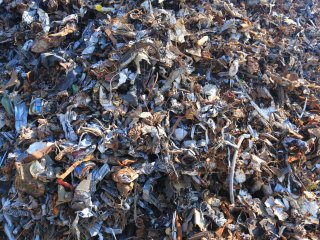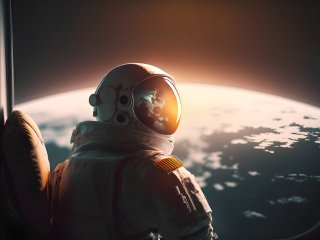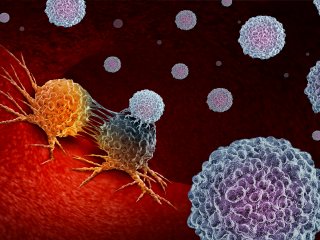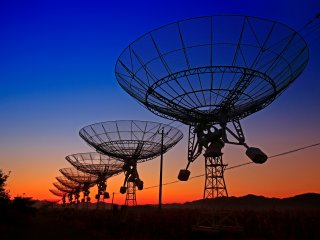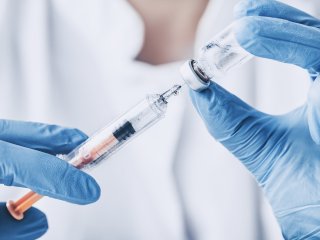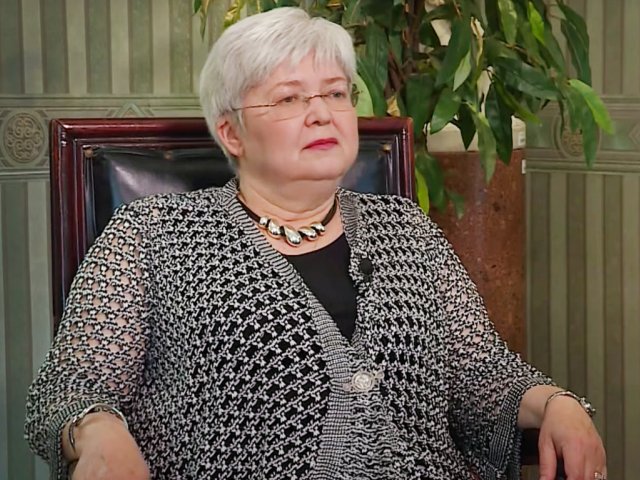Articles, page #15
On August 10, 1675, the foundation stone of the Greenwich Observatory was laid
In 1994, the UN General Assembly established a new commemorative date to celebrate the diversity of the world's indigenous cultures
In this article, we are going to tell you how water travels from discharge pipes to water bodies, and then to bathrooms or kitchens
On August 7, 1944, the first American programmable computer, Mark I, was launched
Understanding the process of human aging and the search for possible ways of achieving longevity is an eternal and controversial topic that still captures the attention of a wide range of specialists
You don’t necessarily have to run to the nearest newspaper stand to get the latest news from all over the world. But it wasn’t always like this. Newspapers were a mass source of news for a long time. Now they are increasingly niche players, and the latest issue of a newspaper may soon become a work of art, similar to a stage performance
On August 4, 2007, NASA's Phoenix spacecraft was launched from Cape Canaveral using a Delta 2 rocket
Microbiome lab employees create formulations based on microorganisms specific to a particular person
Greater Altai is a unique historical, cultural, natural and geographical territory having high scientific potential for world research
There are three scientists whose names are associated with the discovery of oxygen: Priestley, Lavoisier, and Scheele. How did the scientists discover something that cannot be seen, felt, or touched?
Biologists from the Volgograd-based Federal Scientific Center for Agroecology of the Russian Academy of Sciences are carrying out molecular genetic research and development of effective laboratory-scale methods for clonal micropropagation of valuable plant genotypes
July 31, 1912, is the birthday of Milton Friedman, an American economist and a Nobel Prize winner (1976)
А1 — B7 – B12 -К2 – and it's not a Battleship, but something more useful and indispensable to our health, although we need it in relatively small quantities. Get ready, today we are going to talk about vitamins
A relatively small European country may be similar in size to the dumps of Russia. According to various sources, an average person throws away up to two cubic meters of waste a year
We commemorate the achievements of the outstanding historian of arts, writer, and painter
Inhabitants of the International Space Station, bacteria unknown to scientists and a checklist titled “How to count microbes inside”
Over the last 100 years, the tiger population in the wild has declined by over 90%
It stopped being just a set of glasses in a casing a long time ago: To examine galaxies, stars and nebulae, telescopes are now sent into space and immersed deep underwater. What technologies today help us see far away
100 years ago, the Canadian physician and physiologist Frederick Banting reported on his isolation of insulin
Partners
Show allOur mobile application
Social networking
Recent
Popular
Lectures
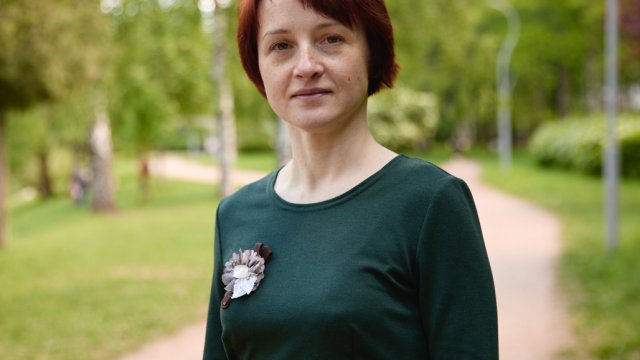
What saints did the conquistadors pray to and why did they decide to conquer Mexico? What was the ethnic, regional, and age composition of the Conquista?
